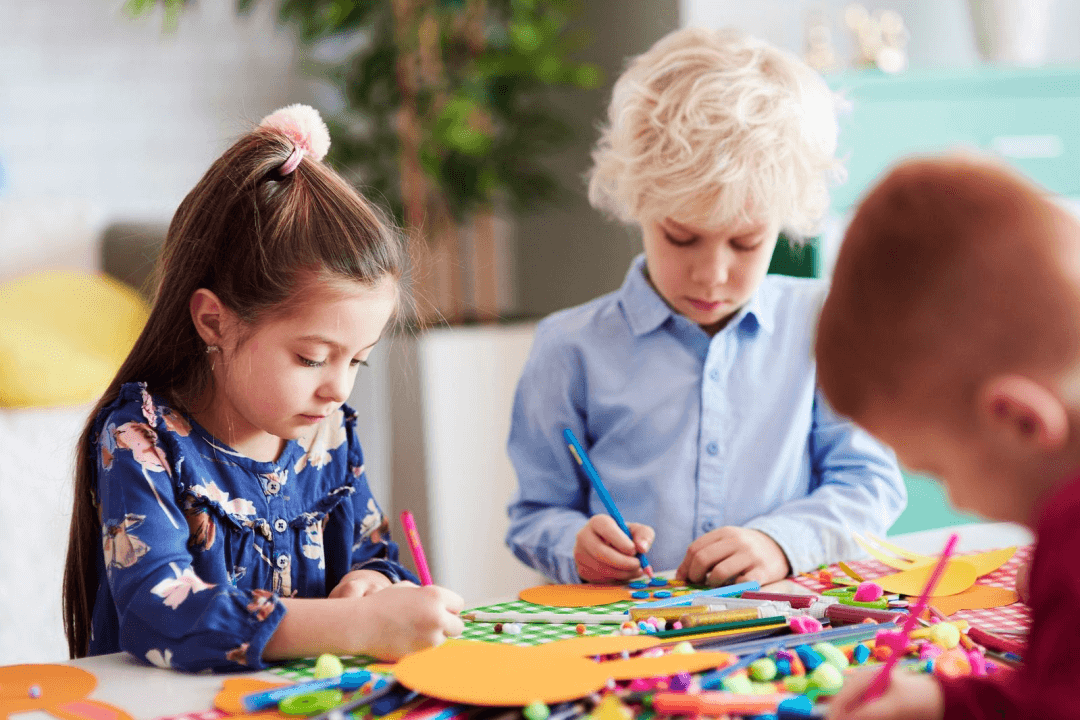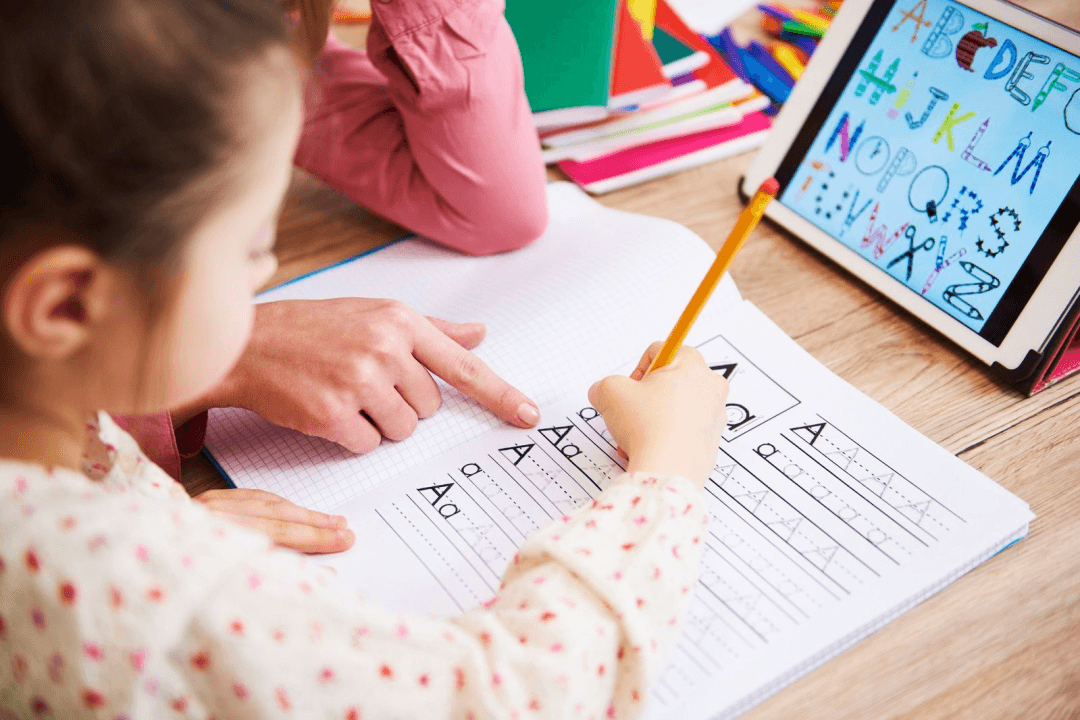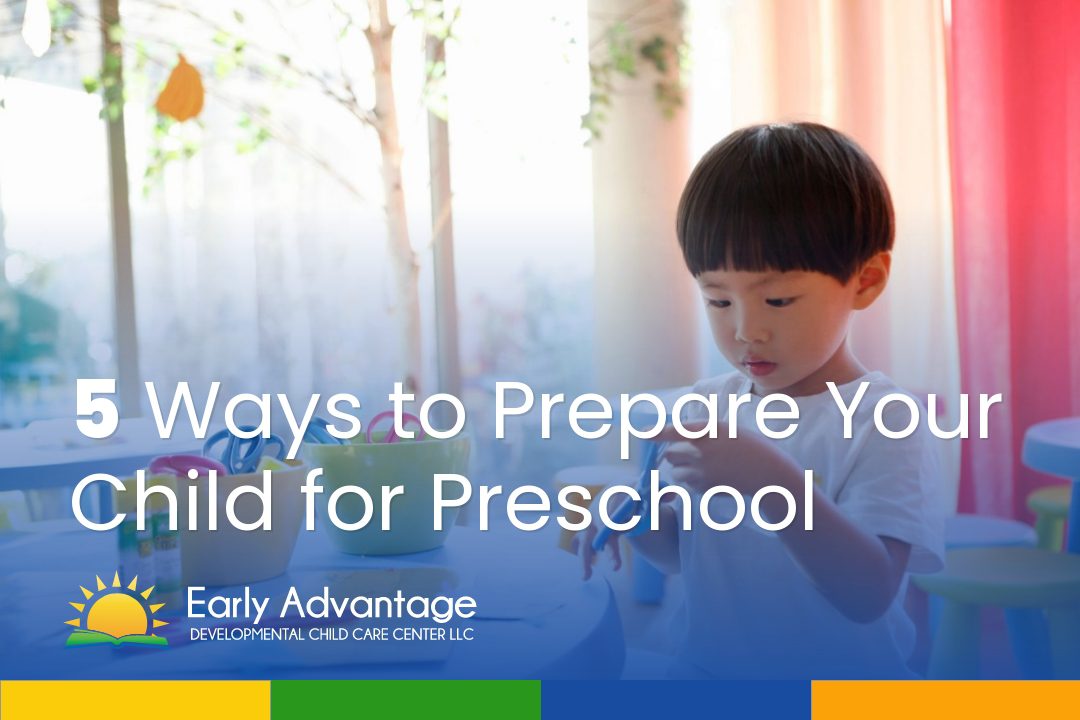Preparing your preschooler for the exciting journey of starting preschool is a crucial step toward their educational and social development. As both parents and preschool teachers play a vital role in this process, it’s important to ensure a smooth transition and set the foundation for school success and ease any anxiety your child may have.
By focusing on preschool readiness tips, fostering social skills, and introducing early learning activities, you can help your child feel ready, confident, and excited about their first day of school.
In this guide, we’ll explore five essential early education steps that will prepare your child for preschool and create a strong foundation for their educational journey.
Step 1: Familiarize Your Child with the Preschool Environment
In the weeks before school, it’s beneficial to familiarize your child with the preschool environment. Take the time to visit the school together, allowing your child to explore the classroom, interact with the toys, and meet the preschool teachers.
Consider speaking with the preschool teacher to address any concerns or fears your child may have. This will help your child feel more comfortable and confident when starting preschool and give their teacher an idea of how to make them feel more comfortable.

Step 2: Establish a Preschool Routine at Home
Preschools often follow a structured schedule, including activities like circle time, nap time, and playtime. To prepare your child for this routine, establish a similar schedule at home.
Set specific times for meals, playtime, and quiet activities. This helps your child become accustomed to transitions and develop a sense of routine.
By implementing a consistent schedule, your child will feel more prepared and confident when adapting to the preschool routine.

Step 3: Foster Social Skills and Emotional Development
Preschool is not just about academics; it’s also an opportunity for children to develop social skills and emotional intelligence. Encouraging your child to engage in pretend play, taking turns, and sharing toys helps them learn how to interact with peers and navigate social situations.
By discussing the importance of expressing emotions and teaching them healthy ways to manage and communicate their feelings, your child will be better equipped to handle the social aspects of preschool and build meaningful relationships with classmates.

Step 4: Develop Early Learning Skills
While preschool focuses on play-based learning, it’s beneficial to introduce basic academic skills to your child before they start school. Parents can help by teaching children counting, letter recognition, and pre-writing skills through fun and interactive activities. Read books together, point out letters and words, and encourage their curiosity about the world around them.
Utilize resources from the local library or online platforms offering educational games and materials suitable for preschoolers.
By nurturing early learning skills, you’ll lay a strong foundation for your child’s academic journey.

Step 5: Communicate and Collaborate with Preschool Teacher
Building a strong partnership with your child’s preschool teacher can also be crucial for their success. Maintain open communication by asking questions, sharing information about your child’s interests and needs, as well as attending parent-teacher conferences.
When you collaborate with the teacher to support your child’s growth and development, you share insights about your child’s strengths, areas for improvement, and any concerns you may have.
By working together, you can ensure a smooth transition and provide the necessary support for your child’s learning journey.
You and Your Child are Well on Their Way!
Preparing your child for preschool involves a combination of readiness tips, fostering social skills, introducing early learning activities, and maintaining strong communication with the preschool teachers.
By familiarizing your child with the preschool environment, establishing a routine, nurturing social and emotional development, developing early learning skills, and collaborating with teachers, you’ll set the stage for a successful and enjoyable preschool experience.
Remember, your involvement as a parent is essential in creating a positive and supportive environment for your child as they embark on this new chapter of their educational journey.
You are your child’s teacher, and any young child needs to be properly prepared to be ready for preschool.
You can do this, and if you need any help, feel free to contact us about scheduling a visit!

